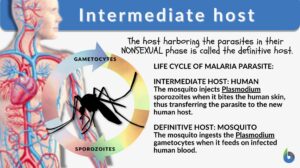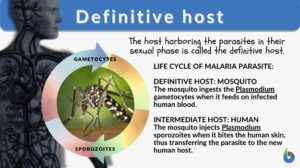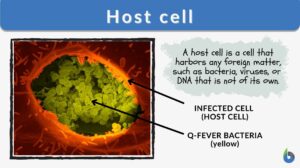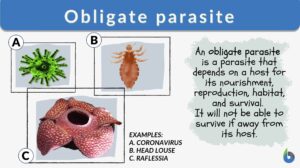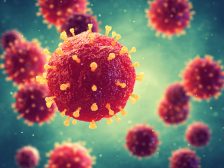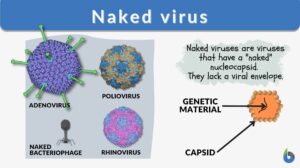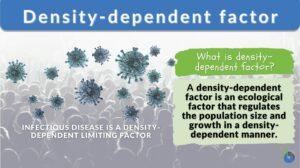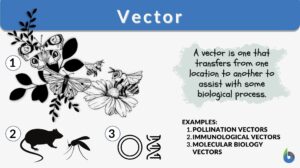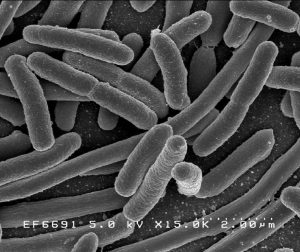Search Results for: host
Intermediate host
Intermediate Host Definition When looking at the relationships amongst different biological members of our biosphere, we... Read More
Reservoir host
Reservoir Host Definition A reservoir host is a host that harbors the pathogen and serves as a source of the infective... Read More
Definitive host
Different Biological Relationships The biological world is interconnected whether we notice it or not. All the life forms... Read More
Obligate parasite
Parasitism is a form of symbiosis that occurs between a parasite and its host. The parasite is the organism that generally... Read More
Parasitism
Organisms depend on different sources of food to survive. Larger organisms like plants make their own food (autotrophs) and... Read More
Paratenic host
Definition noun, plural: paratenic hosts An intermediate host which is not needed for the development of the parasite, but... Read More
Biological Viruses
The prime directive of all organisms is to reproduce and survive and this also applies to viruses. Apparently, viruses are... Read More
Commensalism
Commensalism Definition What is commensalism? Literally, commensalism is a Latin word that means ‘to eat at the same... Read More
Final host
Definition noun, plural: final hosts A definitive host Compare:intermediate host See also:host Mentioned in: Cystacanth... Read More
Opportunistic pathogen
Opportunistic Pathogen Definition How do we define opportunistic pathogen? The opportunistic pathogen is an infectious... Read More
Dead-end host
Dead-end host a host from which infectious agents are not transmitted to other susceptible... Read More
Amplifier host
Amplifier host a host in which infectious agents multiply rapidly to high levels, providing an important source of infection... Read More
Parasitoid
Definition noun, plural: parasitoids An organism that lives on or inside the host at one phase in its life cycle, and... Read More
Naked virus
Viruses are infectious entities with size ranges between 20 to 400 nanometers. The mammoth-sized virus would be about the... Read More
Density dependent factor
Density-dependent factors are the limiting factors of an ecosystem that regulate population growth in a density-dependent... Read More
Infective stage
Definition noun (parasitology) The stage in the life cycle of an endoparasite wherein it can initiate infection to its... Read More
Endoparasite
Definition noun, plural: endoparasites (parasitology) A parasite that lives within the body of the... Read More
Incubation period
Incubation Period Definition The incubation period is the time duration between exposure to the pathogen and the appearance... Read More
Ectoparasite
Definition noun, plural: ectoparasites (parasitology) A parasite that lives outside the body of the... Read More
Parasitoidism
Definition noun A form of parasitism wherein an organism (called parasitoid) lives on or inside the host at one phase in its... Read More
Accidental host
Accidental host One that harbors an organism which usually does not infect... Read More
Cell adhesion
Cell Adhesion Definition Cell adhesion is the process in which a cell uses a specialized complex of proteins to get... Read More
Ectoparasitism
Definition noun A form of parasitism wherein the parasite lives outside the body of the host (as opposed to a parasite... Read More
Susceptible
Resistance, vulnerability, sensitivity, tolerance, and susceptibility are some highly important terminologies across the... Read More
Filarioidea
Definition noun (taxonomy) A superfamily of the phylum Nematoda and is comprised of small, threadlike parasitic nematodes... Read More
Subcutaneous filariasis
Definition noun A type of filariasis caused by adult filarial worms that dwell in the subcutaneous layer of the... Read More
Indirect life cycle
Definition noun A type of parasitic life cycle wherein the parasite is transmitted indirectly from one host to the next,... Read More
“Mutualism factor” could explain why body does not attack normal flora
When sadness reeks in and you feel as if you are all by yourself, think again. That is because you are never alone. As a... Read More
